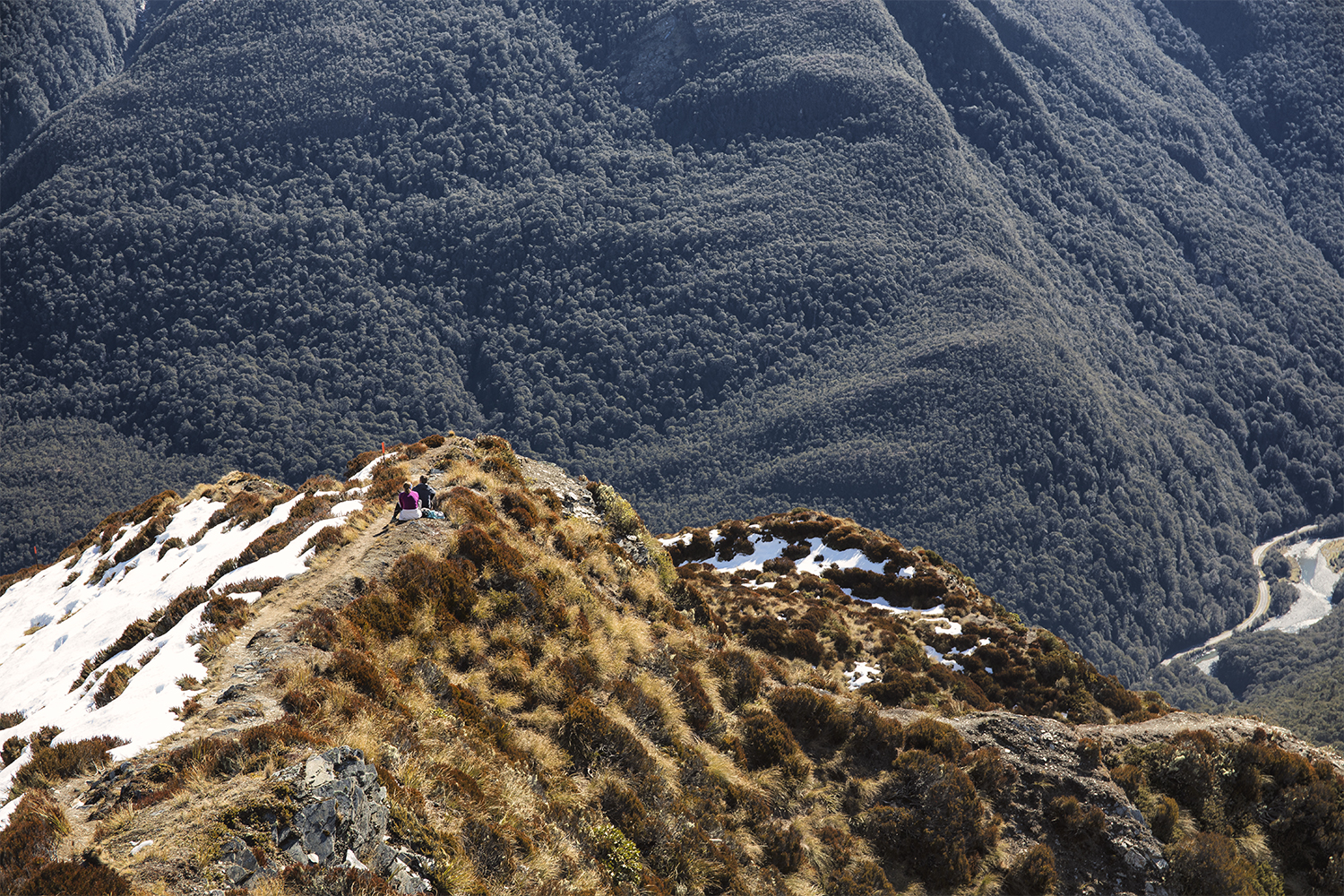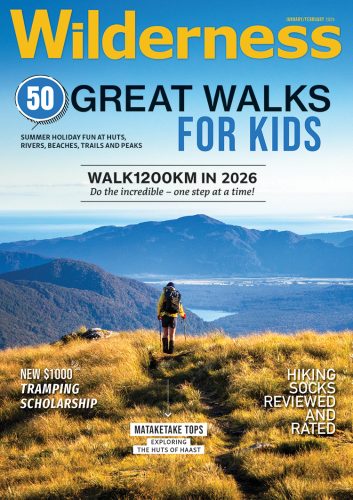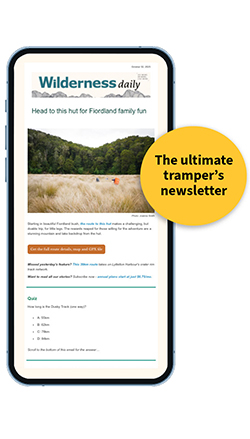
When things don’t go to plan, your physical and emotional state can influence decision-making.
The weather, the terrain and people create a changing environment for trampers. These changes may appear quickly and require you to make a decision, even on a short easy walk. A wrong decision could have a serious, even fatal, outcome. Being aware of the effect of physical and emotional factors can ensure only right decisions are made.
Tired
Being tired and fatigued can create a host of problems. For instance, a fatigued tramper may not notice a change that requires decision making and will plod on into danger. Or they may be too tired to make a rational decision, leading to a random response.
Often when people are tired, the thought of turning back or taking an alternative route seems too hard. This may be because it will require more effort to get home or to retrace steps the next day, or to complete the journey another time.
Turning back or taking an alternative route may require more uphill or difficult tracks. The forward direction may be decided on because things will be easier if they ‘just get past’ some hazard, such as a dangerous river crossing.
A tired person may not have the physical or mental ability to get out of danger, such as exposed conditions in cold weather.
It’s important to know your limits and pick trips that are within your ability and to start a trip at a suitable hour for the length of the trip and day. If you find yourself feeling fatigued, consider taking an energy-restoring break and eat some food – it’ll help you think more clearly.
Hungry
When your blood sugar drops, the ability to make rational decisions is affected. A hungry person may not have the energy or mental nous to get out of danger, or they may push on to get a warm meal rather than stopping to eat cold food and snacks.
Always have sufficient food for the trip, including extra for emergencies.
Cold
When cold, many people will decide to push on to the hut rather than stop briefly to put on more clothing. However, being cold can affect decision making. A cold person may not notice a change requiring a decision, or they may realise a decision is required but be too cold to make a rational call. In such situations, hypothermia may be setting in. This may show as the ‘umbles’: grumbles, mumbles, fumbles, stumbles and tumbles. A person in this condition is unlikely to have the ability to get out of danger.
It’s important to check the weather forecast before your trip and consider how this might affect plans. Always pack sufficient and suitable warm clothes.
Tired, cold and hungry
Tired, cold and hungry often go together. Not only do they affect perception and decision making but they limit options. You will be slower, already cold and thus more susceptible to hypothermia.
The best way to avoid this is to know your limits, take rests, have the right gear to stay warm and sufficient food to provide energy. When facing a situation that requires a decision, rest in a sheltered spot, even if just behind a rock or lee of a hill, and have something to eat. Know how you usually respond and take that into account in your decisions.
– Heather Grady is an instructor with Outdoor Training New Zealand


34 years of inspiring New Zealanders to explore the outdoors. Don’t miss out — subscribe today.

Questions? Contact us
